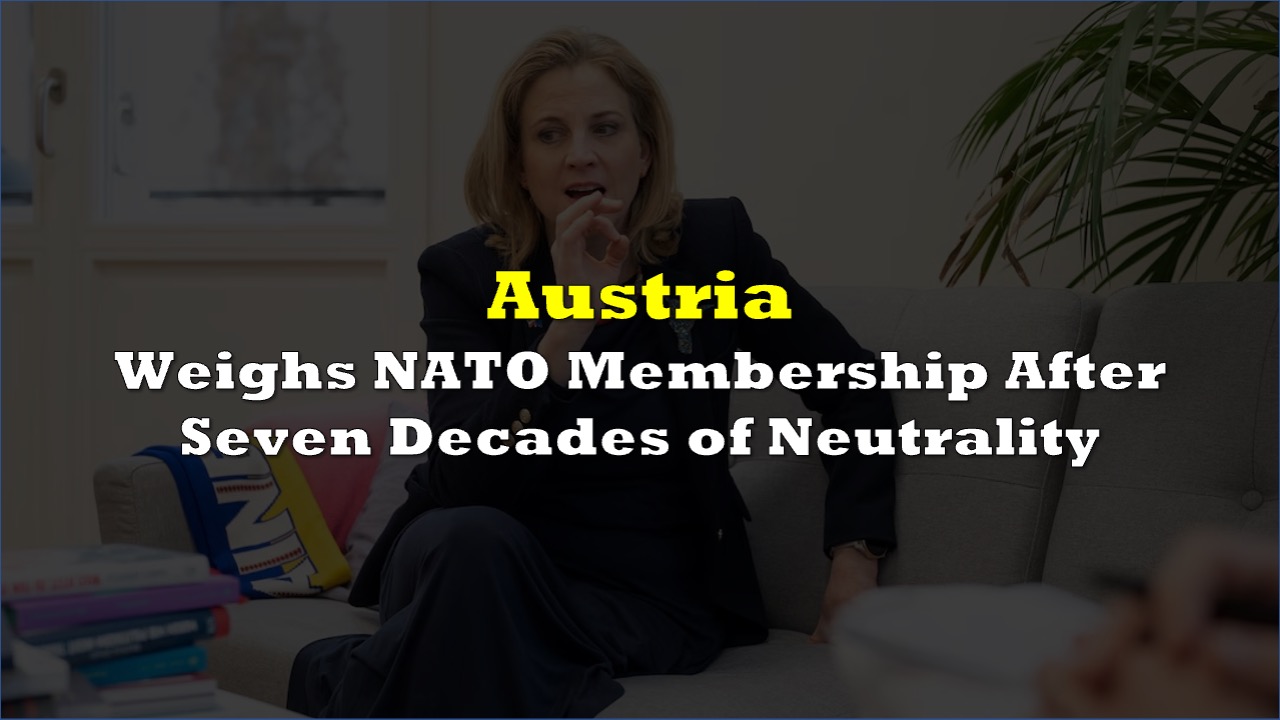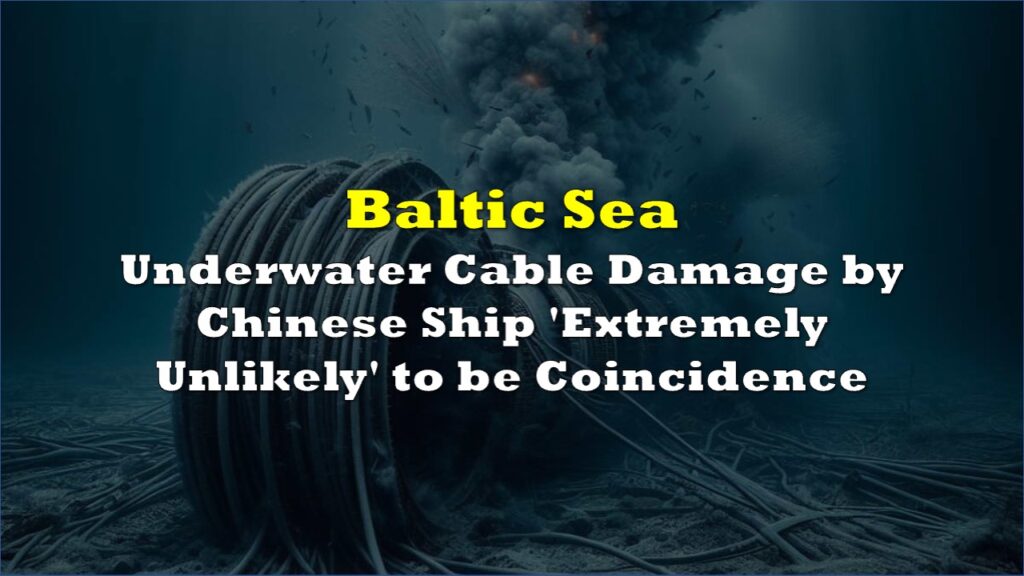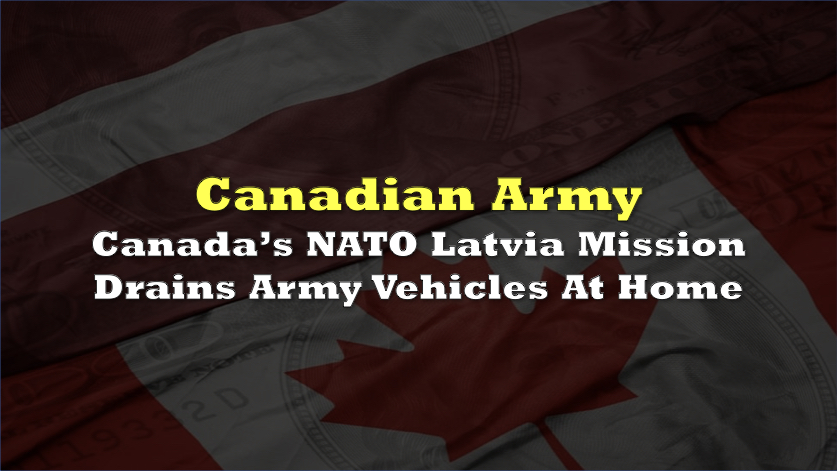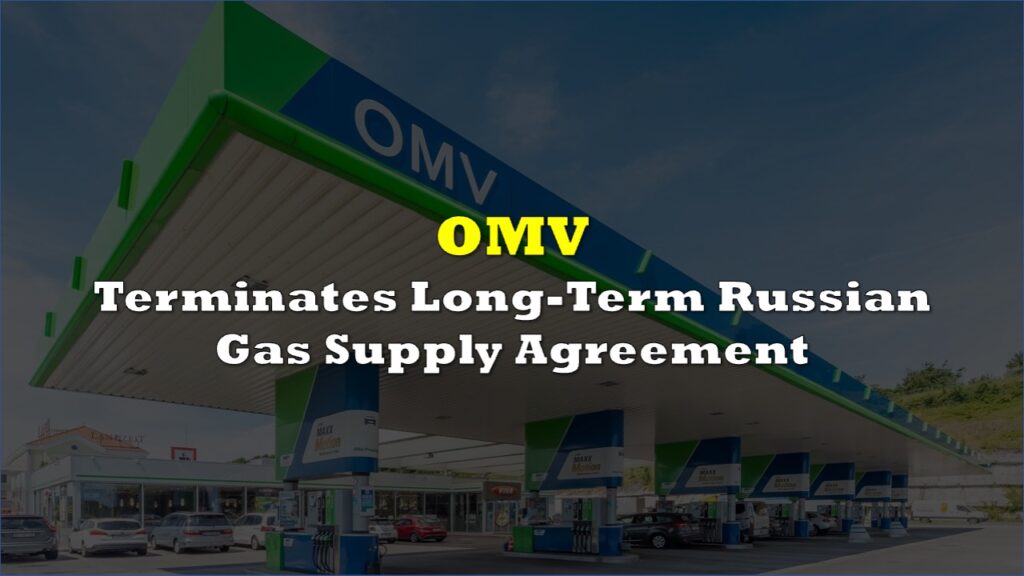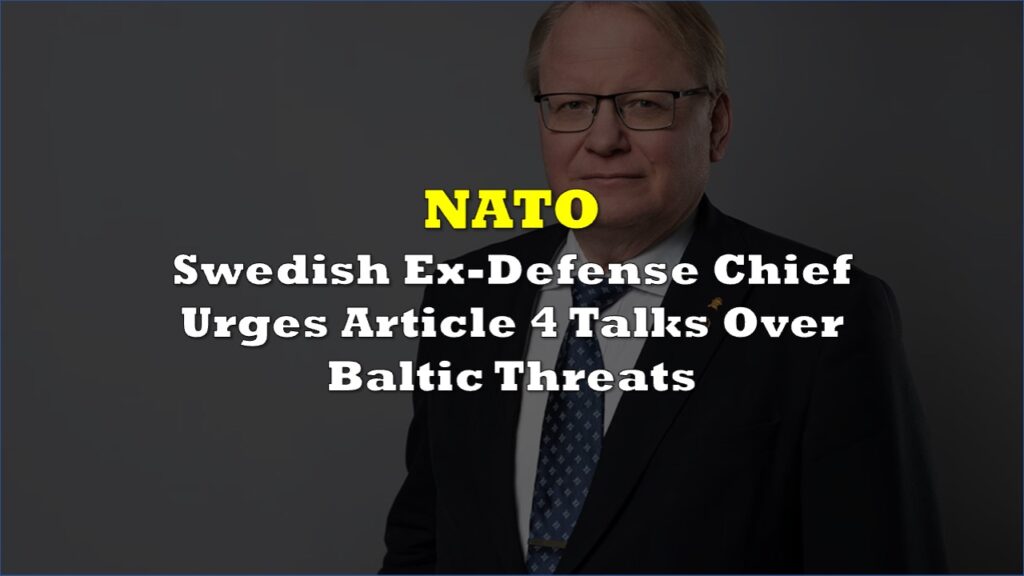Austria’s Foreign Minister has signaled that the country should consider abandoning its decades-long neutrality and discuss potential NATO membership, marking a significant shift for one of Europe’s few remaining non-aligned nations.
In a July 26 interview with German newspaper Die Welt, Foreign Minister Beate Meinl-Reisinger argued that “neutrality alone does not protect us,” given what she characterized as Russia’s growing belligerence since invading Ukraine.
❗️The 🇦🇹Austrian authorities are open to discussing NATO membership and abandoning the country's neutral status, enshrined in the constitution, due to 🇷🇺Russia's aggressive policies, said Austrian Foreign Minister Beate Meinl-Reisinger. pic.twitter.com/YzeBZKK6W4
— 🪖MilitaryNewsUA🇺🇦 (@front_ukrainian) July 27, 2025
While acknowledging that neither parliament nor the public currently supports NATO membership, Meinl-Reisinger argued that “such a debate can still be very fruitful.”
The comments represent a dramatic departure from Austria’s traditional stance. As recently as July 2024, Austria’s previous foreign minister said the country was not considering NATO membership.
Austria has maintained constitutional neutrality since 1955, when Allied occupation forces withdrew following World War II. The policy was adopted as part of a deal with the Soviet Union to regain full sovereignty and has since become central to Austrian national identity.
Polling data reveals strong domestic resistance to NATO membership. Research by the Austrian Society for European Politics in April 2023 found that just 21% of citizens favored alliance membership, while 60% expressed opposition. More recent surveys suggest approximately half of Austrians view NATO unfavorably.
Among European Union members, only Austria, Ireland, Cyprus and Malta have remained outside the NATO alliance. The country participates in NATO’s Partnership for Peace program and contributes to EU peacekeeping missions.
The debate has intensified since Finland and Sweden abandoned their neutrality to join NATO following Russia’s 2022 invasion of Ukraine. Both Nordic countries successfully completed their membership processes, leaving Austria and Switzerland as the last major neutral European nations.
Meinl-Reisinger argued that Austria must adapt to evolving security challenges rather than assuming neutrality provides automatic protection. “We cannot simply sit back and say that as long as we harm no one, no one will harm us,” she stated. “The world has changed.”
International experts remain skeptical about Austria’s likelihood of joining NATO in the near term, citing both public opposition and the country’s constitutional requirements for such a fundamental policy shift.
Any move toward NATO membership would require substantial parliamentary approval and likely constitutional changes, making immediate accession highly unlikely despite the foreign minister’s openness to discussion.
Information for this story was found via the sources and companies mentioned. The author has no securities or affiliations related to the organizations discussed. Not a recommendation to buy or sell. Always do additional research and consult a professional before purchasing a security. The author holds no licenses.

